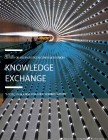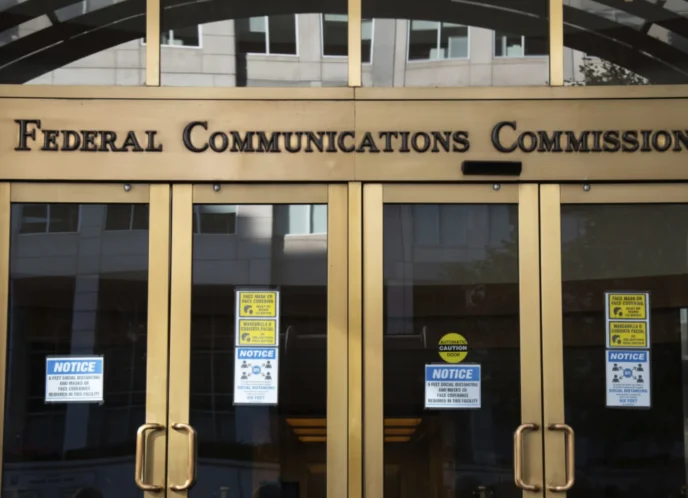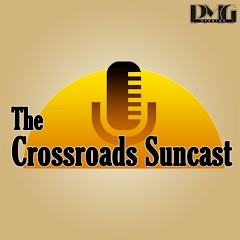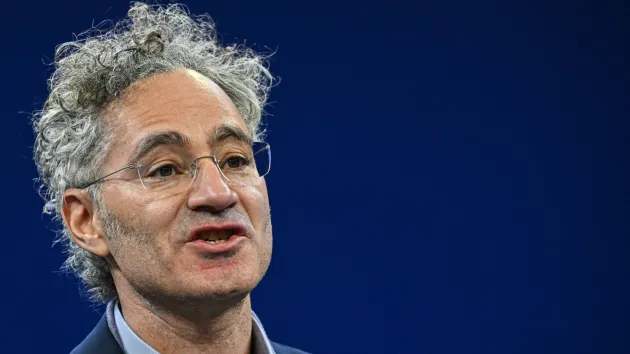Given who all was there, I knew I would enjoy the Knowledge Exchange and looked forward to it once I was invited. It was only at our meeting with FCC Commissioner Jessica Rosenworcel that I realized just how important the Knowledge Exchange is.
We filed in and filled the room reserved for our meeting. When the Commissioner walked in, she was visibly surprised as we she said something along the lines of, “Wow, this really is a big group.”
That’s right. We were and are a big group. We represent even bigger groups — people that I hope we can help organize and get involved in the democratic process.
A few weeks later, I found myself in a different room with an entirely different group of people that was strategizing for campaigns that touch the ones Knowledge Exchange focused on. There, we were again using post-it notes on the wall to decide priorities for where to focus.
I made a case for organizing and expanding the movement rather than a variety of other also tempting options. This is where our strength is. We can hire lawyers, submit comments, file lawsuits and more but that is fighting on their ground. The corporations can file more comments with their various coin-operated think tanks, and are always happy to play the law game because more often than not they wrote it.
While we cannot abandon our efforts to work within the existing system, we need to recognize that our greater power lies with the people. We outnumber them. They can throw money by the millions at DC but they cannot organize millions of people to support them. They are running a system that disadvantages the majority and it is in organizing that majority that we can win.
When an FCC Commissioner sees a room filled with people and thinks “Wow, this really is a big group,” it is a sign that we need to fill the streets too. Knowledge Exchange helps us to do just that – by better working together to build the movement that will get America a little bit closer to its promise.
Christopher Mitchell is Director, Telecommunications as Commons Initiative at the Institute for Local Self-Reliance. Christopher’s work focuses on telecommunications — helping communities ensure the networks upon which they depend, are accountable to the community. He has published several reports, articles, and interviews while also offering technical assistance to communities around the country.
 DOWNLOAD, READ AND SHARE THE 2013 KNOWLEDGE EXCHANGE REPORT: A TELECOM AGENDA FOR A NEW ADMINISTRATION
DOWNLOAD, READ AND SHARE THE 2013 KNOWLEDGE EXCHANGE REPORT: A TELECOM AGENDA FOR A NEW ADMINISTRATION



